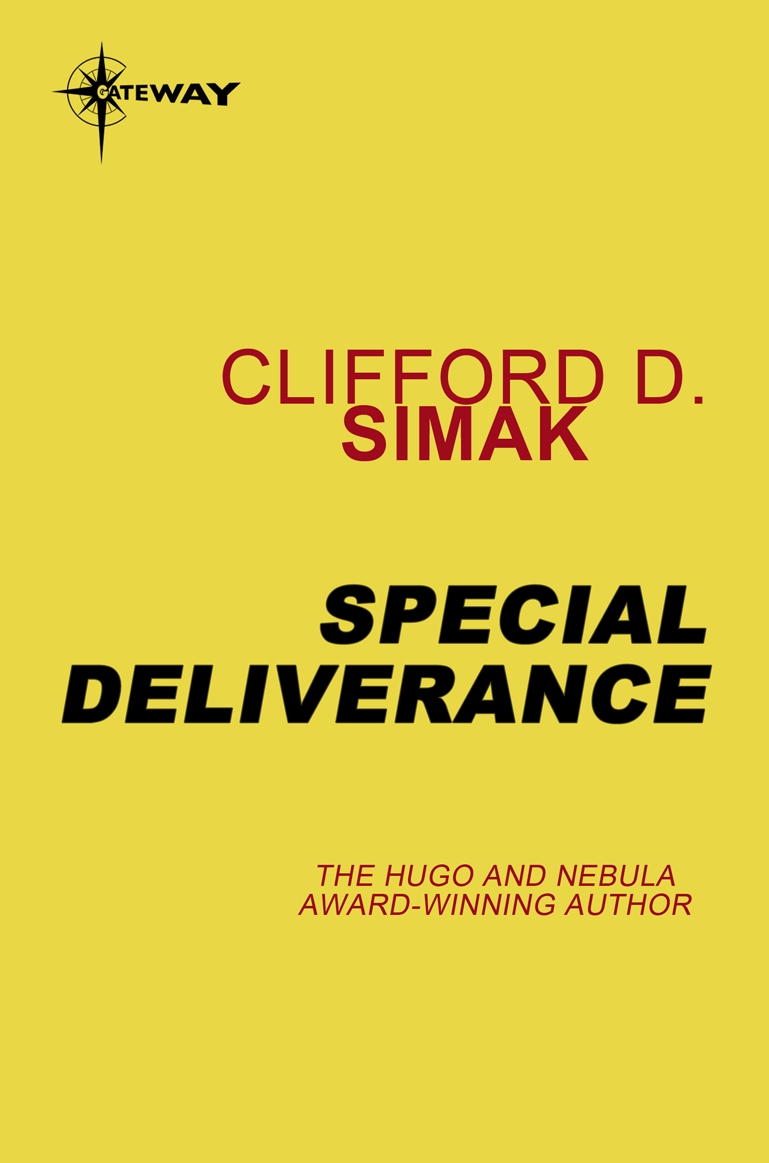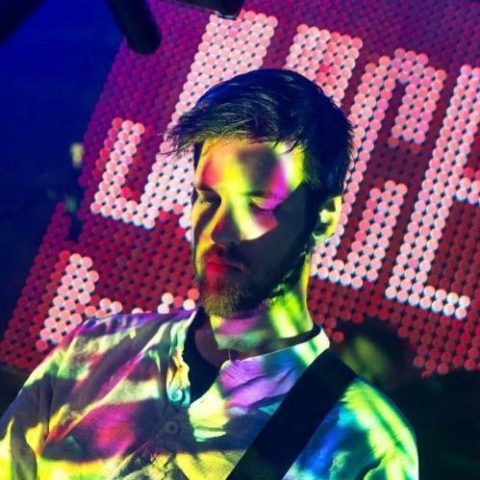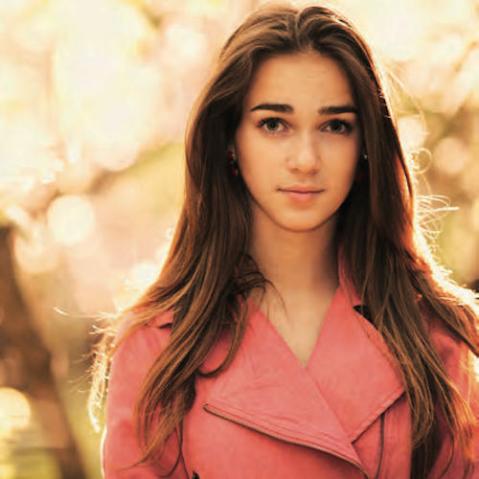Shooting smoke – easier than you might think!

Images of smoke are enticing and ethereal. There’s often an element of ‘How did you do that?’ when you show them to other people. While you might need a motion or audio sensor for some forms of high-speed photography, they’re unnecessary when it comes to smoke’s abstract patterns; you can manage it with an off-camera flash alone. The technique is surprisingly simple, but offers striking results.

The way you post-process your smoke shots can be as subtle or as extreme as you like. In this shot, the smoke was rotated so it goes across, rather than up the frame, then it was inverted to create a white background. Finally, a rainbow effect was added, which results in an image that is as striking as it is abstract.
The environment
Working in a dimly lit room, start by setting up your camera on a tripod in front of your smoke source—incense sticks work well—with a black backdrop, such as card stock or velvet, behind it. Position an off-camera flash to one side, or slightly behind the smoke source, and you’re ready to go.
Camera settings
When it comes to choosing camera settings, you need to switch your camera to manual. You want to use a low ISO of 100–200 for optimum image quality, and set the shutter speed to the camera’s maximum sync speed. This will be in the region of 1/200 second or 1/250 seccond, but do check in the manual. Next, set a reasonably small aperture, say ƒ/8–ƒ/16, so the depth of field is large enough to make sure the smoke will be as sharp as possible as it blows in front of the camera. Finally, set the focus manually, light your incense, and take a test shot with your flash set to full power.

A “raw” smoke shot should have detail in the lightest areas, and a black or near-black background. Use your camera’s histogram to check your initial exposures, and once your settings are correct you can simply keep shooting as the smoke forms interesting shapes.
Assessing the exposure
You can now assess the exposure to see if your settings are working. The key here is not to change anything on the camera; it’s your flash that you will use to increase or decrease the exposure. If the histogram shows your first shot is underexposed, move the flash closer to the smoke. Should it be coming up overexposed, move the flash away from the smoke or reduce its power. You are aiming for a black (or near-black) background, where the lightest areas of the smoke do not appear as pure white.
The real thing
Once you have a good histogram, you can start shooting for real. There’s no need to look through the viewfinder as your camera’s already set, so simply watch the smoke and shoot when it forms interesting shapes or patterns.

You can enhance the abstract nature of smoke shots using your image-editing program. Here, I inverted the shot so the background changed from black to white, then used colour adjustments to change the smoke from a drab gray into a more appealing copper-like colour.
Take creative control of your images and master the essentials of proper exposure with David Nightingale’s comprehensive guide to photography’s most fundamental skill: Mastering Exposure. Reinvigorate your artistic enthusiasm by being able to recognise not just the ‘correct’ exposure, but also numerous other creative options for how to capture any given scene. Your photography will stand apart from the crowd, and reflect your own unique vision of the world, all because you have mastered the best techniques for capturing stunning images.
[one_whole boxed=”true”]
 Mastering Exposure, by David Nightingale
Mastering Exposure, by David Nightingale
£7.99 Download the PDF now!
£14.99 for the print and digital version!
[button color=”Accent-Color” size=”small” url=”https://www.ilexinstant.com/product/mastering-exposure/” text=”Buy now!”]
[/one_whole]







